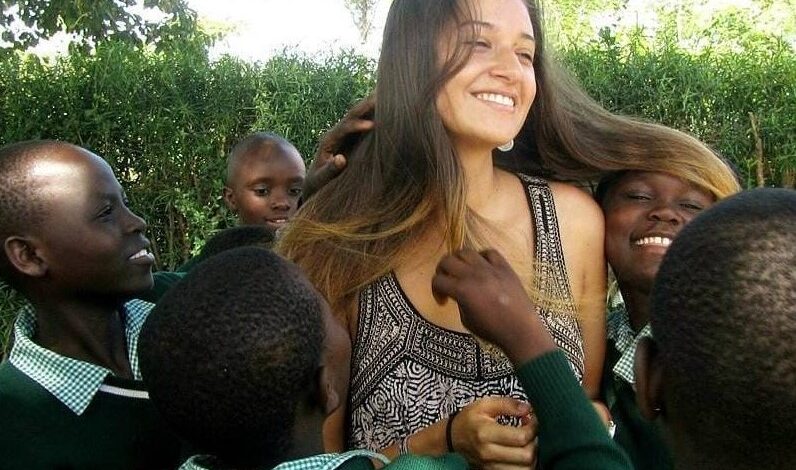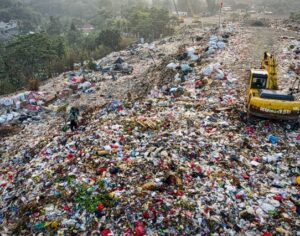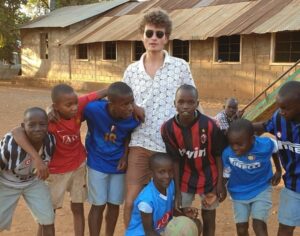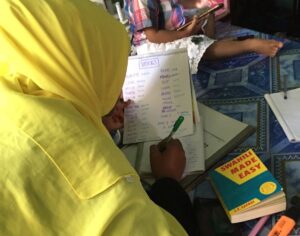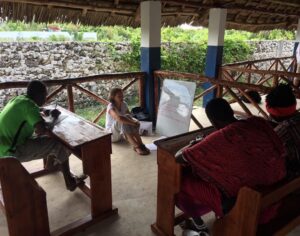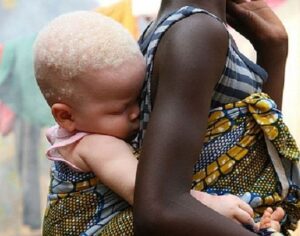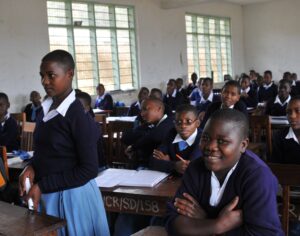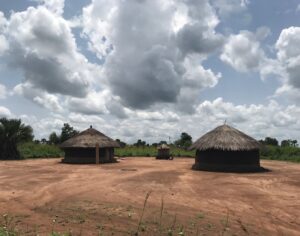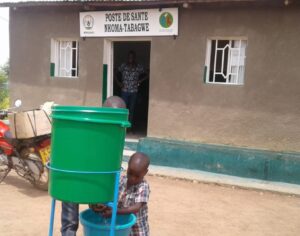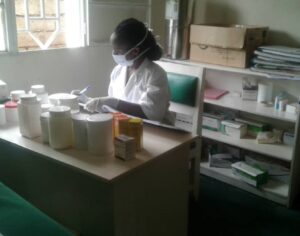ALL MY ROADS LED TO AFRICA
Despite global and national recognition of children’s rights, Kenya still faces many challenges such as poverty, limited access to drinking water and healthcare, violence against children, child marriage, and female genital mutilation.
Unfortunately, Kenya is also scourged by one of the world’s worst HIV and AIDS epidemics. The knowledge and tools for preventing HIV transmission are available worldwide, but AIDS control in Kenya is apt to be for naught unless strong efforts are implemented for the reduction of poverty, ignorance, and for the control of other common sexually transmitted diseases. Kenya’s HIV prevalence has reduced over the years to 4.9%. However, the rate remains disproportionately higher among women. Although the percentage of new infections has significantly reduced over the past few years, children, teenagers, and young people, especially women, are still likely to be infected.
Naomi’s volunteering experience
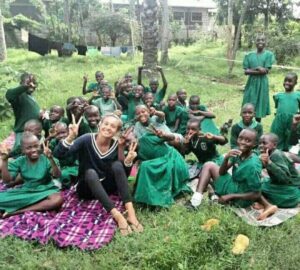 When she was eighteen, she spent one-year volunteering in Kenya, from August 2015 until August 2016. She volunteered for an organization called Weltwärts in Nyang’Oma village, right at the border with Uganda. Since she was a child, she had felt a strong connection with Africa. During those twelve months, she took part in many activities. The first one was a project in a hospital where she had the opportunity to learn a lot about HIV and the Malaria virus. For the first three months of training, the doctors taught her how to do HIV tests and how to identify the virus in the blood. After that, she ran a campaign in schools to raise girls’ awareness and to teach them how to protect themselves from the virus. It was a very sensitive topic for the girls, who did not want to talk about it with male doctors. Sex is taboo in the Kenyan culture. For the other six months, during the day, Naomi taught Math, English, and Sport at the female primary school. After school, she went to the orphanage to take care of the babies.
When she was eighteen, she spent one-year volunteering in Kenya, from August 2015 until August 2016. She volunteered for an organization called Weltwärts in Nyang’Oma village, right at the border with Uganda. Since she was a child, she had felt a strong connection with Africa. During those twelve months, she took part in many activities. The first one was a project in a hospital where she had the opportunity to learn a lot about HIV and the Malaria virus. For the first three months of training, the doctors taught her how to do HIV tests and how to identify the virus in the blood. After that, she ran a campaign in schools to raise girls’ awareness and to teach them how to protect themselves from the virus. It was a very sensitive topic for the girls, who did not want to talk about it with male doctors. Sex is taboo in the Kenyan culture. For the other six months, during the day, Naomi taught Math, English, and Sport at the female primary school. After school, she went to the orphanage to take care of the babies.
Naomi says…
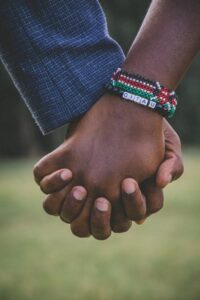 “Doing all these projects filled my heart with…. All my life I had felt very lucky, I had never had to worry about many problems. For that reason, I had always known I wanted to give something back. All my roads led to Africa. Living without running water and constant electricity, in an area with the highest rate of Malaria and HIV, makes you understand that things like good healthcare, hot water showers, and electricity twenty-four-seven are not normal things for everybody. On the contrary, they are a privilege some people have and some others can only dream of. Kenya is a wonderful country with breath-taking landscapes, from white sandy beaches and incredible mountains to national parks hosting thousands of animals. Above all, a place inhabited by warm-hearted people, belonging to more than 50 tribes, speaking many different languages and having their beliefs. I spent many days with my girls at the school, dancing and singing the whole day, which fulfilled me with so much happiness. I learned how to do Malaria and HIV tests during my time in the laboratory and witnessed an HIV-positive woman giving birth to healthy and HIV-negative twins because she took her medications regularly. What I truly admire the most is the women. Because, like George Monbiot said, “if wealth was the inevitable result of hard work and enterprise every woman in Africa would be a millionaire”. They often have more than five children to feed, dress and send to school, along with cooking, housekeeping, working in the fields, and selling vegetables in the market. While their husbands are busy with their other wives or have to stay away from home for a long time, these women manage everything and never complain.”
“Doing all these projects filled my heart with…. All my life I had felt very lucky, I had never had to worry about many problems. For that reason, I had always known I wanted to give something back. All my roads led to Africa. Living without running water and constant electricity, in an area with the highest rate of Malaria and HIV, makes you understand that things like good healthcare, hot water showers, and electricity twenty-four-seven are not normal things for everybody. On the contrary, they are a privilege some people have and some others can only dream of. Kenya is a wonderful country with breath-taking landscapes, from white sandy beaches and incredible mountains to national parks hosting thousands of animals. Above all, a place inhabited by warm-hearted people, belonging to more than 50 tribes, speaking many different languages and having their beliefs. I spent many days with my girls at the school, dancing and singing the whole day, which fulfilled me with so much happiness. I learned how to do Malaria and HIV tests during my time in the laboratory and witnessed an HIV-positive woman giving birth to healthy and HIV-negative twins because she took her medications regularly. What I truly admire the most is the women. Because, like George Monbiot said, “if wealth was the inevitable result of hard work and enterprise every woman in Africa would be a millionaire”. They often have more than five children to feed, dress and send to school, along with cooking, housekeeping, working in the fields, and selling vegetables in the market. While their husbands are busy with their other wives or have to stay away from home for a long time, these women manage everything and never complain.”
Naomi’s final reflections
“That year influenced me in so many ways. I really hope I had an impact on my girls, and that I will be able to clear the prejudices and keep in touch with my friends in the village, who will always be family for me. Many people start to do voluntary work because they want to make the world a better place or at least try to make a change. But you don’t. It’s actually quite a selfish thing. The only thing you can really change is yourself. Because, at the end of the day, when you go back home you realise that everything stays the same there. If one becomes aware of that, they understand that a voluntary year can be a truly amazing experience that changes your life!”

